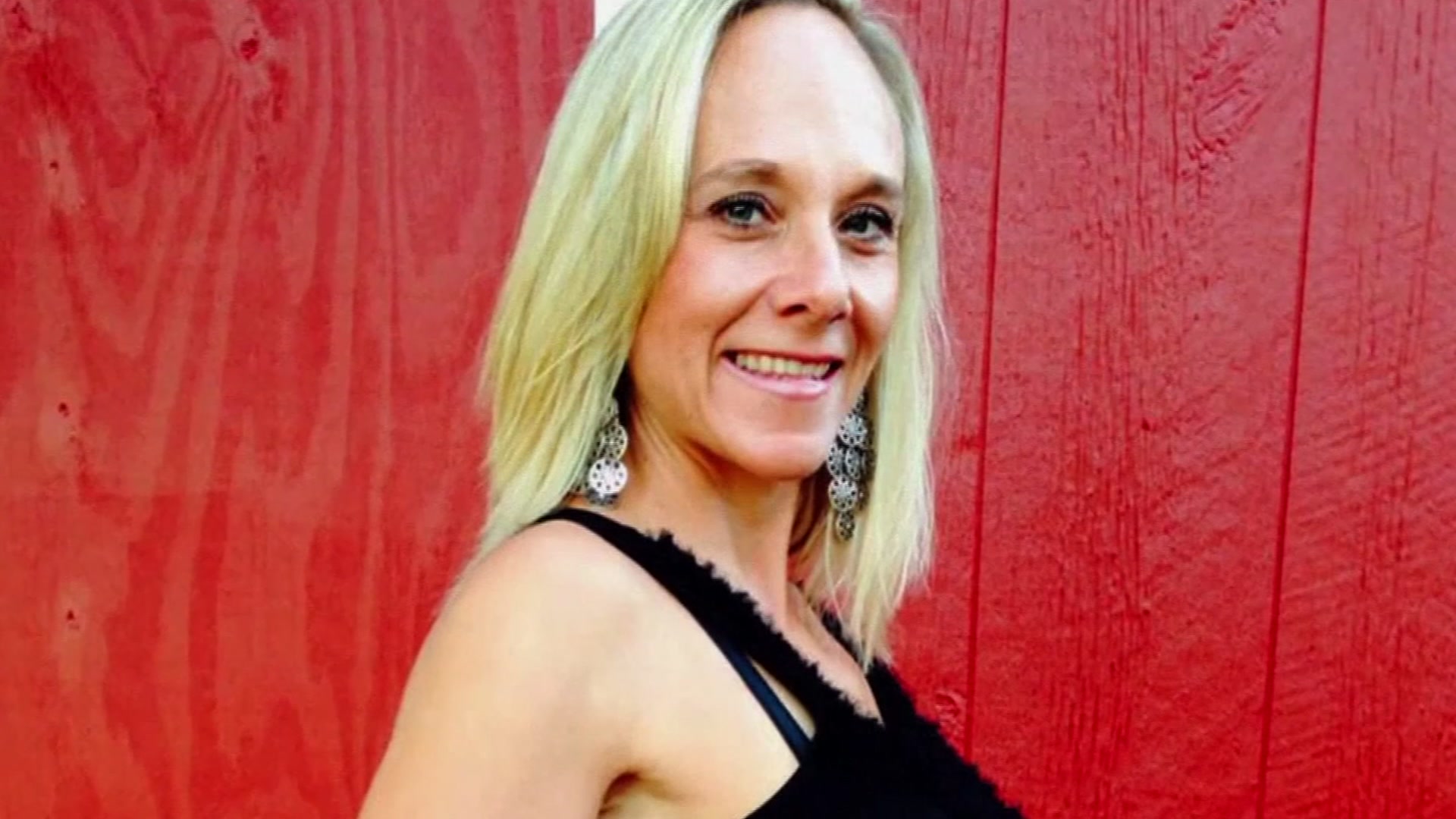The body of Thomas Eric Duncan, the first person to be diagnosed with and die from Ebola in the United States, has been cremated, state health officials say.
Duncan's body was removed from the hospital where he had been treated in isolation within hours of his death on Wednesday, Texas Health Presbyterian Hospital officials said.
The Texas Department of State Health Services confirmed Friday that the remains were cremated.
Patients with the Ebola virus are still contagious after death, so medical personnel must be cautious when handling Duncan's body and will follow the strict guidelines of the Centers for Disease Control and Prevention.
Duncan's family has agreed to cremation, a process that kills any virus remaining in the body so tthat his ashes can be returned to them. No protective gear would be needed to handle cremated ashes.
Duncan's mother and nephew returned to North Carolina Wednesday, NBC 5 learned.
"This is a difficult time for the family, and our thoughts are with them," said Dr. David Lakey, Texas health commissioner. "We will continue to treat Mr. Duncan with dignity and respect, and we're taking great care to make sure there is no additional risk that others could be infected."
Local
The latest news from around North Texas.
Duncan's death raised concerns about how workers handling his body could be kept safe from the virus that took his life Wednesday, since Ebola can survive in bodily fluids as long as they remain wet and at room temperature.
The Centers for Disease Control has given guidance for how to handle an Ebola victim's body safely, and Lakey told reporters that officials would "continue every effort to contain the spread of the virus and protect people from this threat."
Any hospital employees who handle the body of someone who died of Ebola must wear personal protective equipment, including a scrub suit, cap, gown over the suit, eye protection, face mask and more. They must remove the equipment in a prescribed manner and wash their hands very carefully.
The body of a person who died of Ebola must be wrapped in multiple leak-proof plastic bags and disinfected, according to CDC guidelines.
Duncan's hospital room and surrounding hallways were cleaned and disinfected by a hazmat crew from CG Environmental - Cleaning Guys, the company that cleaned the apartment where Duncan had stayed. The 13-member crew also removed bedding, clothes and protective equipment for incineration.
The crew finished early Thursday morning. "It was an all-night job," company vice-president Brad Smith said.



